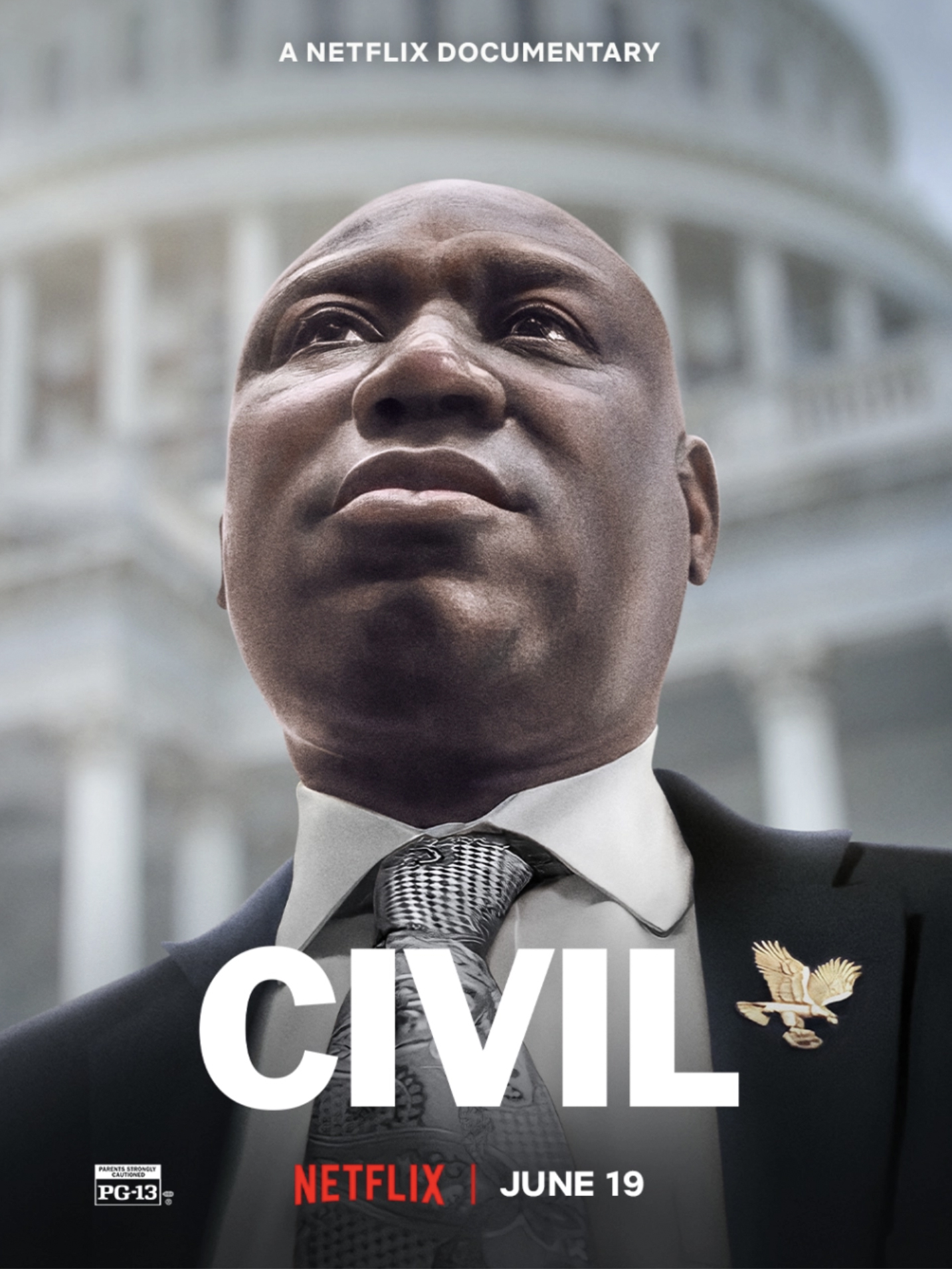
- Industry
Juneteenth: Docu ‘Civil’ Makes the Case for Importance of the Holiday
The shorthand explanation of Juneteenth, formally established as a federal holiday in the United States in 2021, is that it commemorates the emancipation of enslaved Black Americans, while also honoring their resilience and celebrating the breadth and scope of their cultural contributions.
The date itself marks the anniversary of General Order No. 3, which, on June 19, 1865, abolished slavery in Texas – the last state of the Confederacy to host the march of liberating Union troops. That date also highlights the confounding and, in many cases, the years-long delay between President Abraham Lincoln’s issuance of the Emancipation Proclamation on Jan. 1, 1863, and the lived experience of hundreds of thousands of Black people.
Because of that fact and its connection to what has been called America’s original sin, Juneteenth is not merely a celebration of freedom but also an implicit acknowledgment of the country’s failures, historical and ongoing — of the gap between its words and the realities on the ground. To some people, this makes the holiday scary or blasphemous, as if admitting mistakes is wrong, or that aiming for societal betterment is not a worthy goal.
For many years, Juneteenth has been observed as a celebration of family, community, and religious faith. Larger public observances during the Jim Crow era waned but, beginning in the late 1960s and early ’70s, there was a revival. By the late 1980s, significant gatherings started to take place in major cities all across the United States.
Numerous state recognitions of the holiday followed but getting Juneteenth classified as a federal holiday was the result of many decades of work by activists and community organizers around the country, including the woman often referred to as the “grandmother of Juneteenth,” Opal Lee, who walked from her home in Fort Worth, Texas, to Washington, D.C. to rally attention to the cause.
The national holiday, frequently denoted with black, red, and green (the colors of the Pan-African flag), is now seen as a day of reflection. Juneteenth is celebrated in everything from speeches and educational events to family gatherings centered around special cuisine and traditional songs.
Among several films and TV programs spotlighting the Black experience, one treat arrives with special weight. Directed by filmmaker Nadia Hallgren, the documentary “Civil: Ben Crump” serves up an intimate look at the life of civil rights attorney Ben Crump, who has risen to national recognition as the lawyer representing the families of Trayvon Martin, George Floyd, Breonna Taylor, Ahmaud Arbery, Daunte Wright, and many others killed or wounded either in interactions with law enforcement officials or as the result of other racially-motivated confrontations.
“Civil” chronicles a year in the life of Crump as he takes on catastrophic personal injury and wrongful death cases for Floyd and Taylor. The documentary allows us to witness Crump’s far-reaching and impactful work as he becomes, as well, the legal crusader for Black farmers grappling for fair treatment from the agrochemical giant Monsanto. As told through the multifaceted lens of its subject’s existence as a son, husband, friend, and father, the common thread of these stories, both personal and professional, comes into focus: Crump’s tenacious dedication to raising the value of Black life in the United States.
A large part of the documentary is clear-eyed and methodical in its pragmatic assessment of social progress, as when Crump explains, “America is a capitalistic society — the one thing that America understands is money. If you can make them pay higher values, they will stop killing Black people. It would be an impediment.”
Other portions of the documentary, though, strike a more elliptical and poetic tone, as when Crump states, “I know who I am, and whose I am.” It’s a telling line packed with sentiment and containing within it a certain richness of instructional emotionality, for those willing to absorb its lesson. The sympathies of racial or ethnic identification aren’t something to be feared. The resultant uplift of historically disadvantaged or marginalized groups isn’t a threat to the rights or status of others. Instead, it’s an exaltation of the American experiment, another step forward for truer equity and freedom everywhere.

